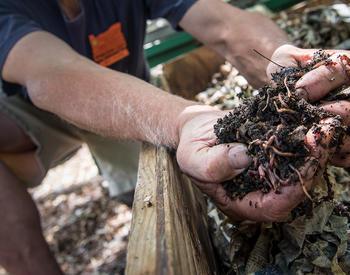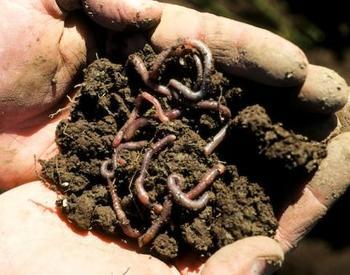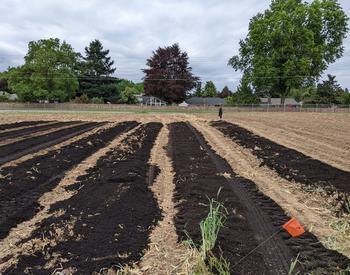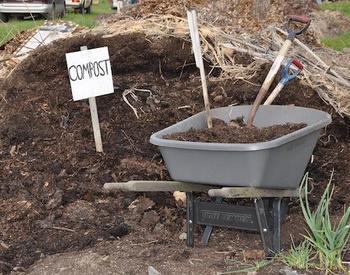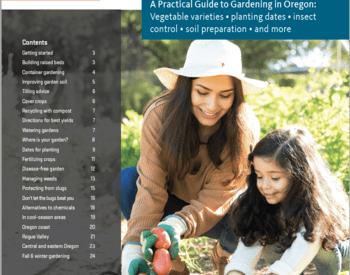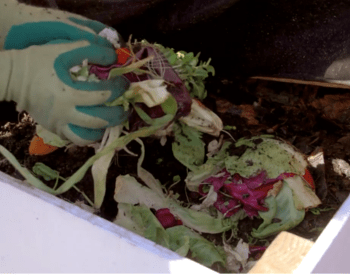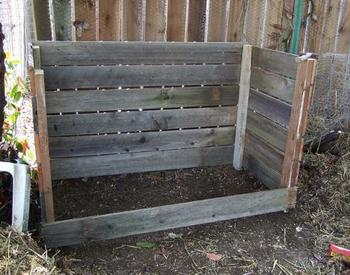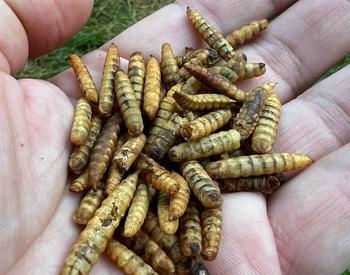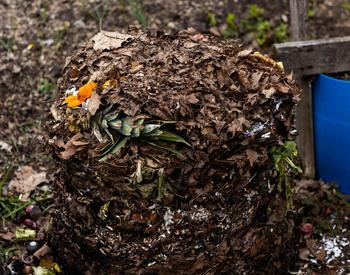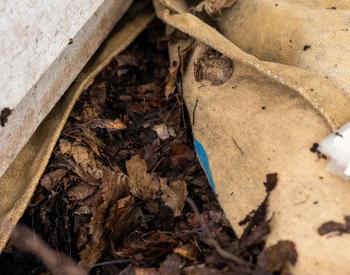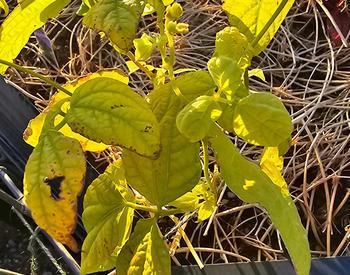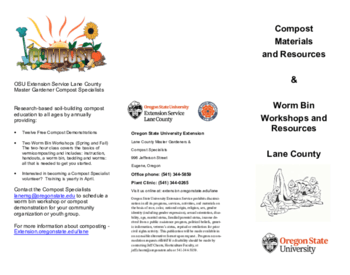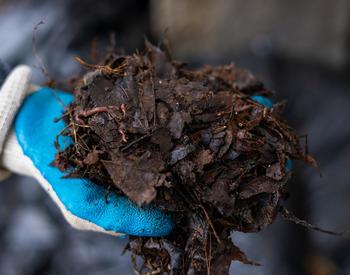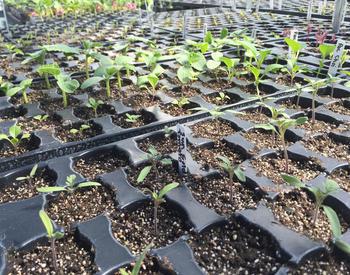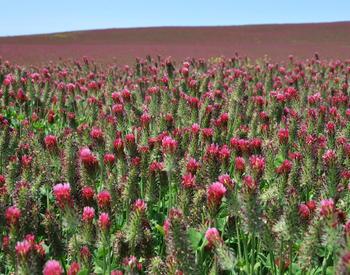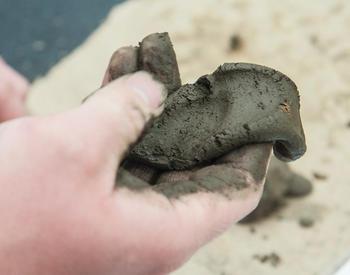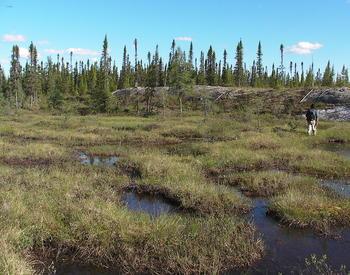Looking to buy one but would like your opinion for easiest use and quality if you have a preference.
Tips for selecting a compost tumbler
- The smaller 2-chamber tumblers are too small to be self-insulating in our winter unless you buy a double-walled model, whose insulation is built in.
- Vertical tumblers – where the rotation is at the "waist" of the barrel – put you at a mechanical disadvantage to effect the tumbling, and aren't large enough.
- I haven't tried those ground-based rolling composters, but I'd like to. These could be good if the plastics are thick enough and sunlight-stable enough. Be sure that mammals like rats, possums and raccoons cannot find a way in.
Tips for using a compost tumbler
- I use my tumbler for day-to-day food waste — keeping it moved out of the kitchen. To begin, I fill the tumbler with deciduous leaves bagged last fall, or straw. Then I add food waste as it is produced. The leaves or straw absorb some of the liquids being released. Food waste and grass clippings are largely water.
- One of the best things that ever happened to my tumbler was that it got infested with red wigglers, who happily feed on the decomposing waste, and enrich the final product with their castings.
Precautions when choosing a composter
- The composter will leak dark liquid, especially if food or grass clippings make up a large portion of the materials processed.
- Tumblers raised off the ground are animal-proof, but not insect-proof.
- I find this a very slow process and always end up removing the partially-processed material and finishing in a turned hot compost pile.
